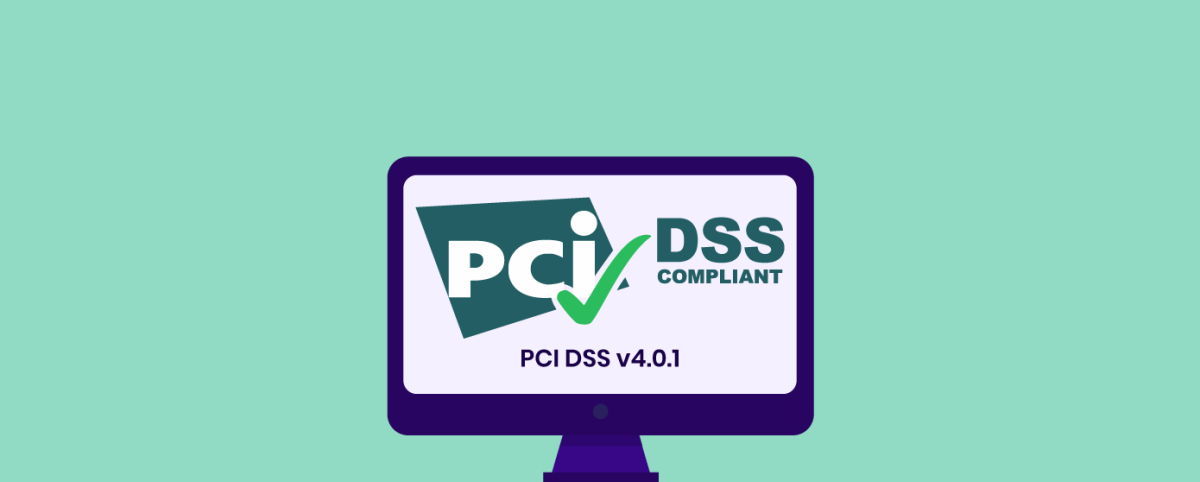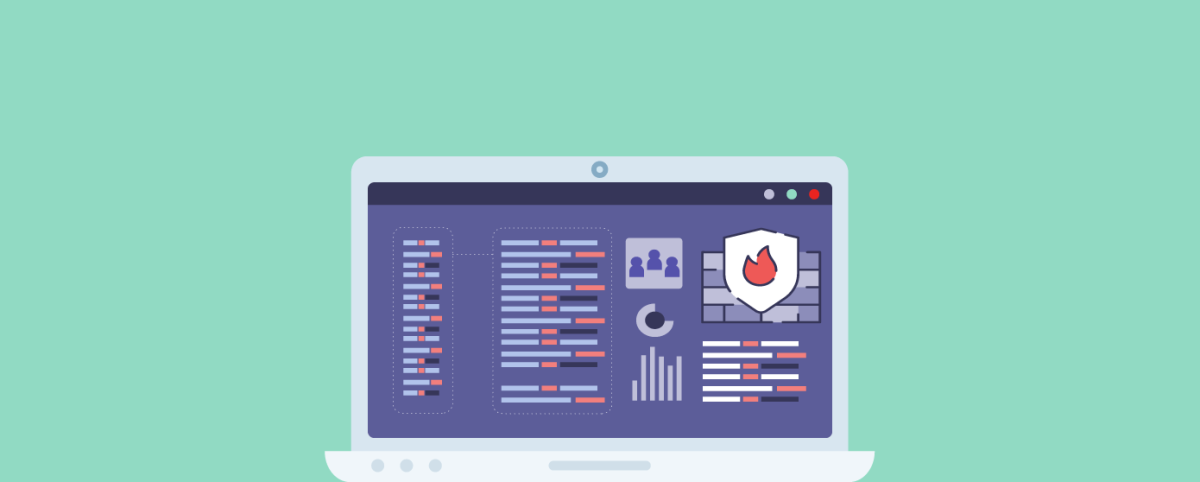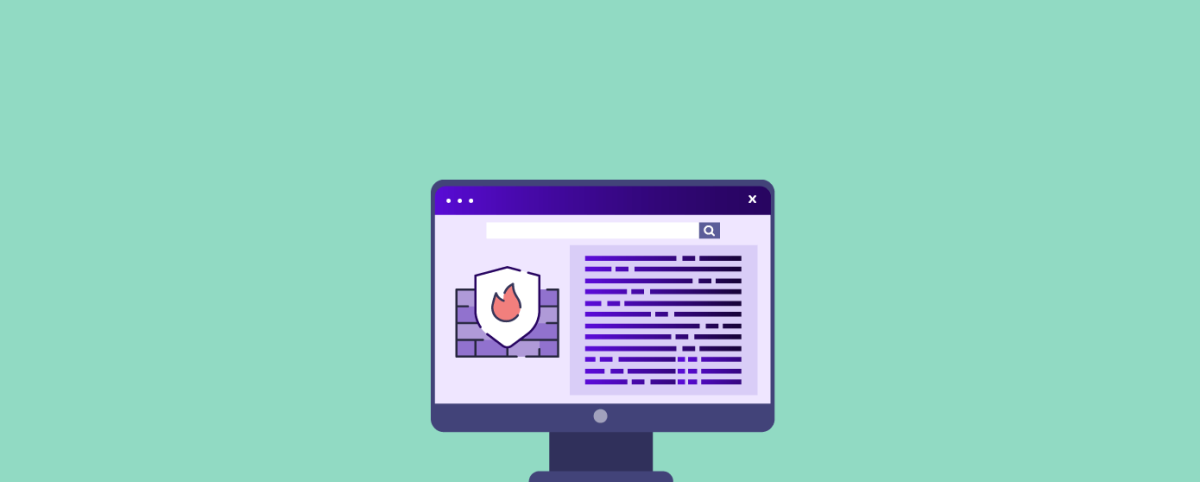AWS WAF vs. Cloudflare
In this article, we’ll discuss the similarities, differences, pros, and cons of AWS WAF and Cloudflare.
What is AWS WAF?
AWS WAF (Web Application Firewall) is an Amazon Web Services (AWS) cloud-based security service. It helps protect web applications from common web-based attacks by filtering and monitoring HTTP and HTTPS traffic.
AWS WAF allows you to define rules and conditions to control access to your web applications and prevent malicious activities. It integrates with other AWS services and provides a scalable and flexible solution for protecting applications deployed on AWS.
What is Cloudflare WAF?
Cloudflare WAF (Web Application Firewall) is a security feature provided by Cloudflare that helps protect websites and web applications from a wide range of cyber threats. It acts as a barrier between web servers and potential attackers, analyzing incoming web traffic and filtering out malicious requests or attacks.
Cloudflare WAF uses a combination of rule-based detection, machine learning, and threat intelligence to identify and block common web application vulnerabilities and known attack patterns. It helps defend against threats like SQL injection, cross-site scripting (XSS), cross-site request forgery (CSRF), remote file inclusion, and more.
What are the advantages of Cloudflare over AWS WAF?
DDoS Mitigation
Although other WAAP providers offer robust DDoS mitigation products, Cloudflare stands out for its remarkable track record in mitigating some of the largest-scale DDoS attacks ever documented. This accomplishment is a testament to Cloudflare’s robust infrastructure, capable of handling massive DDoS attacks across a global array of applications.
Like AppTrana, Cloudflare incorporates a DDoS mitigation system that continually adjusts and adapts to user behaviour, ensuring that rate limits are customized and optimized accordingly. This adaptive approach enhances Cloudflare’s ability to effectively defend against DDoS attacks while maintaining optimal performance and user experience.
With AWS, if you need DDoS mitigation, you’ll need to subscribe to the AWS Shield service that costs a flat rate of $3000, and you need a yearly billing. Cloudflare’s free, pro, and business plans provide robust security against DDoS attacks and cost a fraction.
Cloudflare provides unmetered DDoS protection as an add-on and the associated $.05 charge per 10,000 requests.
API Security
API security capabilities on AWS are fairly limited, with basic rate limiting available through the API gateway. API discovery is also not available.
Cloudflare provides more robust API protection, and API discovery is also available. There is also broader support for API protocols, including REST, SOAP, JSON, and so on.
Threat Intelligence and Scale
Cloudflare has achieved substantial adoption of its WAAP (Web Application and API Protection) and CDN (Content Delivery Network) products, with 10% of internet traffic flowing through its services as of March 2023. This demonstrates users’ significant trust and reliance on Cloudflare’s offerings.
Handling over 2 trillion requests daily, Cloudflare’s sheer processing volume is noteworthy. This extensive data processing capability contributes to the exceptional quality of Cloudflare’s threat intelligence, positioning the company among the industry leaders in terms of security insights and analysis.
While AWS also has scale, AWS WAF is akin to the bundled antivirus in Windows systems. Every organization that is serious about security would invest in a specialized antivirus. Also, AWS’ investments in threat intelligence pale in comparison to Cloudflare or any other specialized WAAP provider.
What are the advantages of AWS WAF over Cloudflare?
Flexibility in Rules
AWS has a vibrant partner ecosystem where many leading WAF providers, such as F5 and Fortinet, provide rulesets for protection against OWASP vulnerabilities and so on.
These rulesets provide enhanced protection beyond the default rulesets offered by AWS. Using these rulesets incurs a nominal subscription fee, and you will also be billed based on the traffic that is inspected using these rulesets.
This, to an extent, circumvents the threat intelligence shortcoming with AWS. That said, this only holds true for known vulnerabilities, and it is challenging to protect against zero-day and unknown vulnerabilities with the self-service capability on AWS.
Billing and Vendor Management
The other advantage of using AWS is that you don’t have to manage a separate vendor for WAF, and you get a unified bill. Renewals, billing, and all the related paperwork become very easy.
That said, the disadvantage is that you will have a tougher time deciphering the costs incurred only for WAF.
An Alternative to Both Cloudflare and AWS WAF
Security products need to evolve as the threat landscape evolves. One challenge with both Cloudflare and AWS WAF could be that the rulesets are developed to cater to the hundreds and thousands of websites on their network, leading to false positives.
This problem is so rampant with WAAP products in general that only 50% of WAAPs are deployed in block mode. Block mode is when a WAF/WAAP is configured to block the malicious request right at the WAAP.
The rest of the WAFs are in log-only mode perpetually, so all they can do is give you logs to analyze after a hack!
Managed services, therefore, become important, especially in testing for false positives. AppTrana comes with managed services where the solution experts monitor the application for 14 days, do extensive false-positive testing, and ensure that the WAF is in block mode all the time.
AppTrana is the only WAAP platform with a record of 100% apps deployed in block mode. Here are the other benefits of using AppTrana. Additionally, all the features, such as unmetered DDoS, that Cloudflare offers are also available on AppTrana.
While Cloudflare extends unmetered DDoS protection as an add-on, AppTrana seamlessly integrates unmetered DDoS protection across all plans, without any additional costs.
Virtual Patching, Latency Monitoring, and Application Specific Rules
Even in case of critical and high vulnerabilities, custom rules or application-specific virtual patches can block attacks at the WAF without a single line of code change.
Further, AppTrana’s SwyftComply ensures autonomous remediation of these vulnerabilities within a timeframe of just 72 hours.
This is a great opportunity to reduce the window of vulnerability while the dev/QA cycles can catch up and patch the vulnerability on code later.
The other problem that WAFs can sometimes add is latency, as WAFs inspect every request that passes through them. A managed service that continuously monitors applications for latency is a great value add that can prevent a bad customer experience.
24X7 Support
Attacks on websites, including DDoS, bot, Zero-Day, and OWASP Top 10 vulnerability attacks, are increasing in frequency. Just on the AppTrana network, we see a 30% Q-o-Q jump on these attacks, as stated in our State of Application Security Report.
During these attacks, support can serve as your extended Security Operations Center (SOC) team by configuring custom rules, updating blacklisting policies, and so on.
However, 24X7 support is not there in AWS. On Cloudflare, you only get chat support at $250 per month, while there is no support on lower plans.
With AppTrana, even on the $99 plan, you get 24X7 phone, email, and chat support.
Bundled DAST Scanner and Penetration Testing
AppTrana is the only WAAP provider that bundles DAST scanner and penetration testing by certified security researchers.
The advantages of this bundle are twofold:
- The cost saved by eliminating other subscriptions
- A unified dashboard from where you can see how many open vulnerabilities are currently protected by the WAF rules and how many custom rules will be required to protect the remaining open vulnerabilities.
Ultimately, it all comes down to cost vs. value, and AppTrana trumps both Cloudflare and AWS WAF on this.
Feature Comparison Table: AWS WAF vs Cloudflare
Here is a detailed feature comparison table for AWS WAF, Cloudflare, and AppTrana
| WAF Feature | Cloudflare | AppTrana | AWS WAF |
| Gartner Peer Insights Rating | 4.5 | 4.9 | 4.4 |
| Gartner Peer Insights Customer Recommendation Rating | 93% | 100% | 90% |
| 24X7 Support | Chat support starts at $250
Phone, and email support- Enterprise Only |
Phone, email, and chat support starts at $99 | Not available |
| DDoS Monitoring | Enterprise Only | Available | $3000 per month |
| Virtual Patching | Self service | Starts at $99 | – |
| Payload Inspection Size | 128KB | 134MB | 64KB |
| NTLM Support | No | Yes | No |
| Bot Protection | Yes | Yes | Basic |
| Response Timeout | Default: 100 seconds Enterprise: 6000 seconds |
Default: 300 seconds
Max: 300 seconds |
Default: 30 seconds
Max: 300 seconds |
| Managed Services | Enterprise only | Available | Only through SI partnerships |
| DAST Scanner | Not Available | Bundled in all plans | Not Available |
| Malware Scanner | Available | Available | Not Available |
| EASM (External Attack Surface Monitoring) |
Not Available | Bundled in all plans | Not Available |
| Penetration Testing | Not Available | Available | Not Available |
| API discovery | Available | Available | Not Available |
| API Security | Available | Available | Basic capabilities through API Gateway |
| API Scanning | Not Available | Available | Not Available |
| API Pen Testing | Not Available | Available | Not Available |
| Workflow-based bot mitigation | Enterprise only | Available | Not Available |
| Origin Protection | Limited | Bundled in all plans | Available |
| SwyftComply | Not Available | Available | Not Available |
| Client-side Protection | Available | Available | Not Available |
| DNSSEC | Available | Available | Available |
| Custom Error Page | Available | Available | Available |
Stay tuned for more relevant and interesting security articles. Follow Indusface on Facebook, Twitter, and LinkedIn.


 March 13, 2025
March 13, 2025







